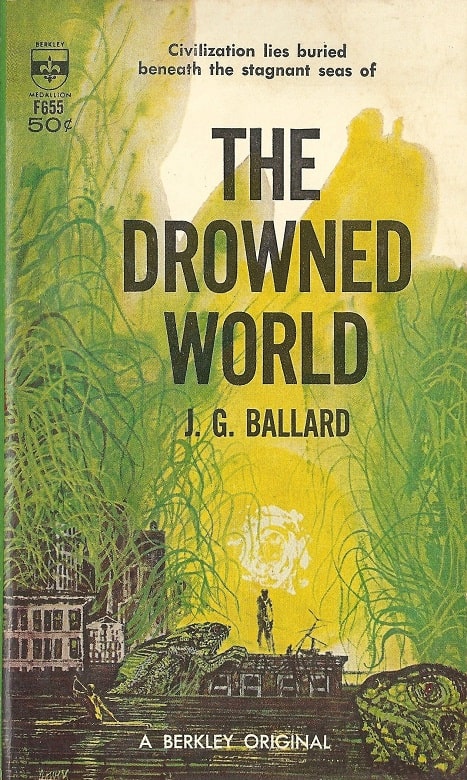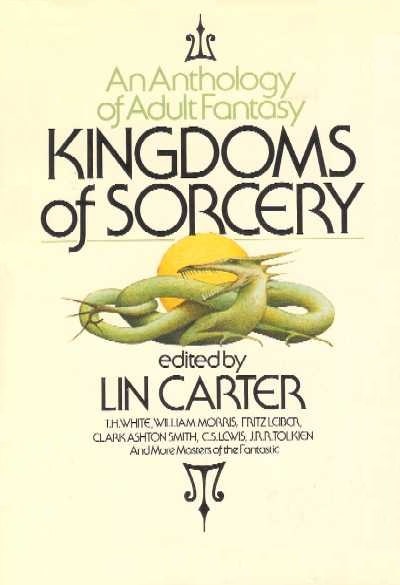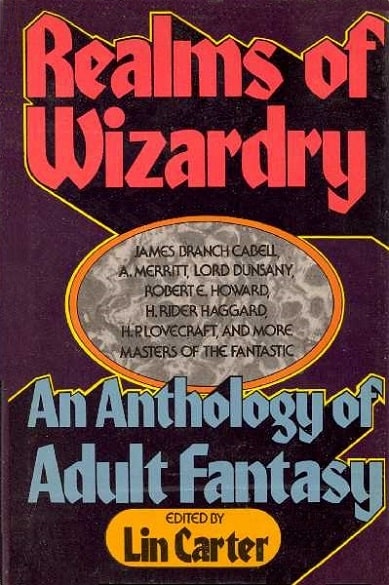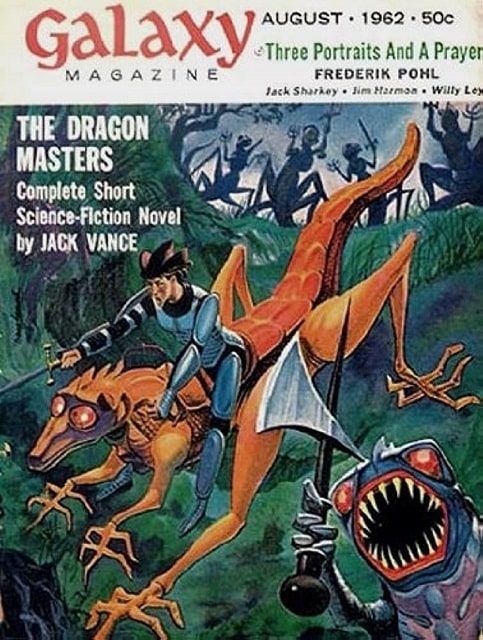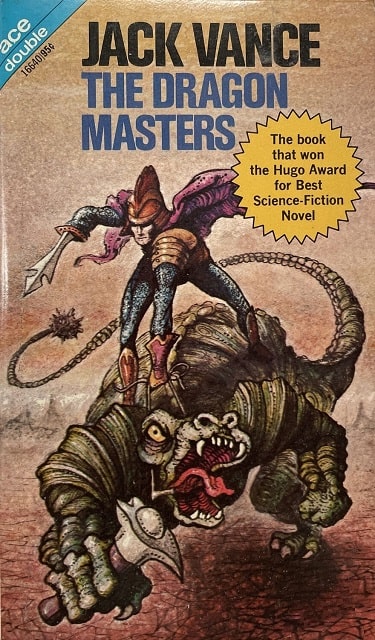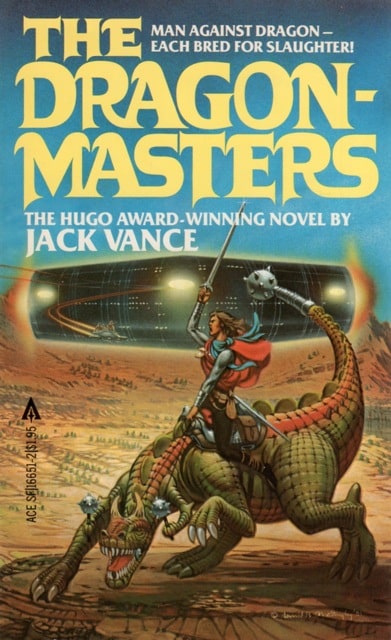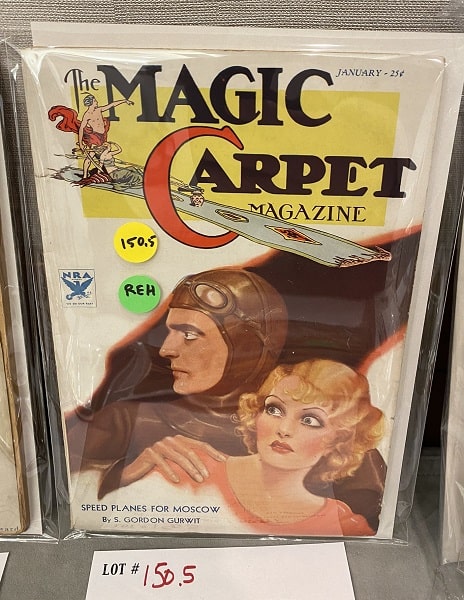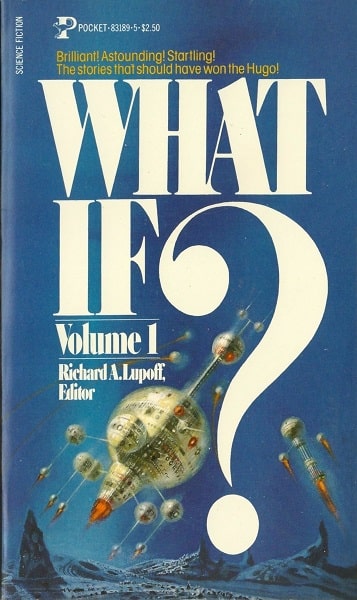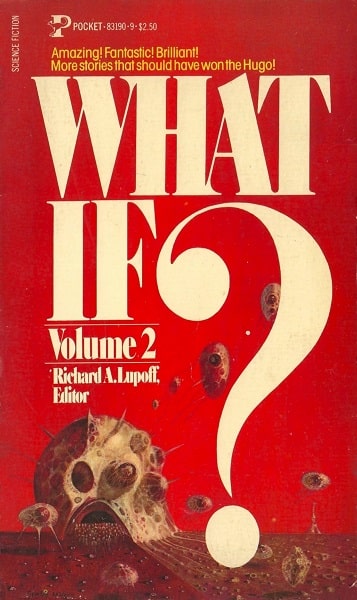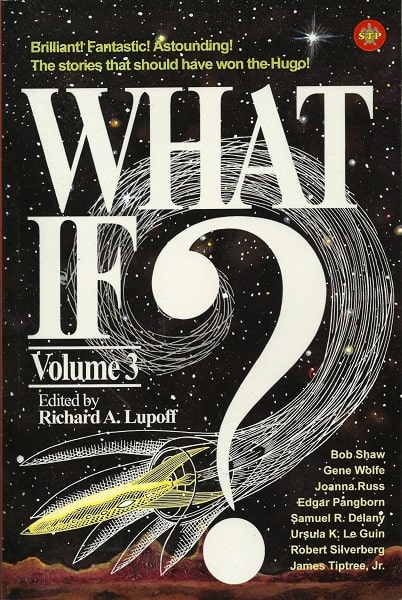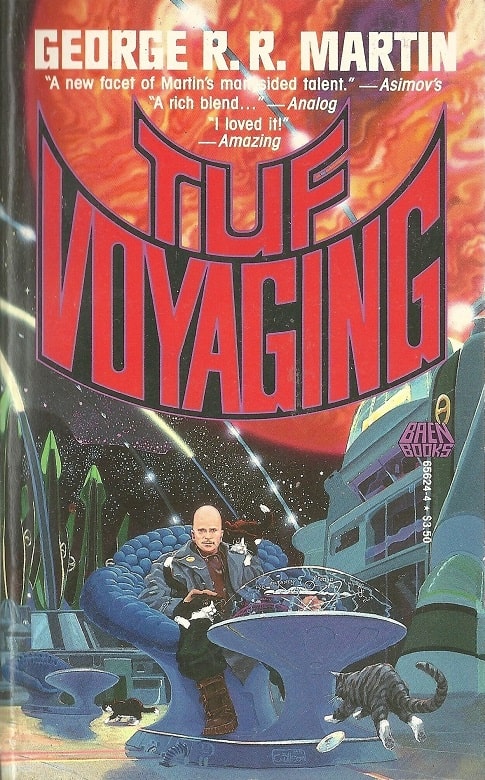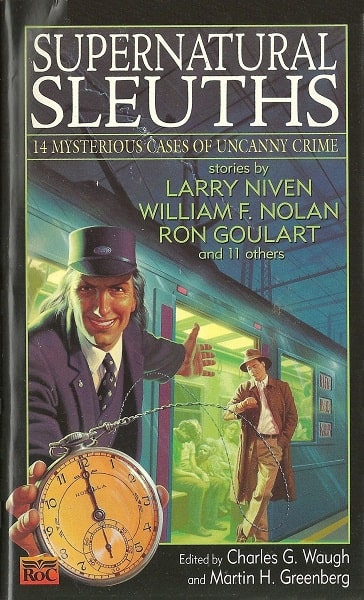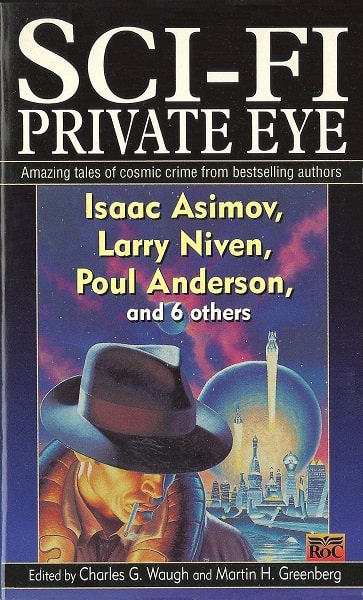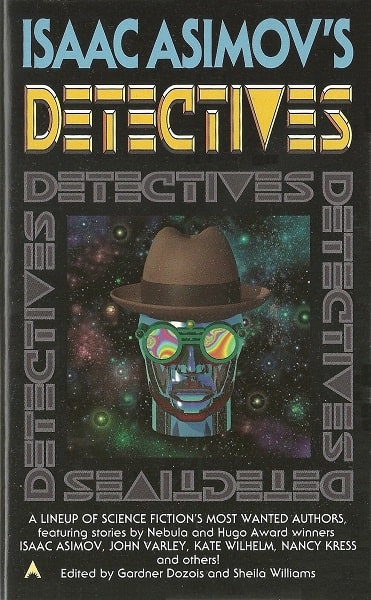The Legacy of a Legendary Collector: Denny Lien, September 26, 1945 – April 15, 2023
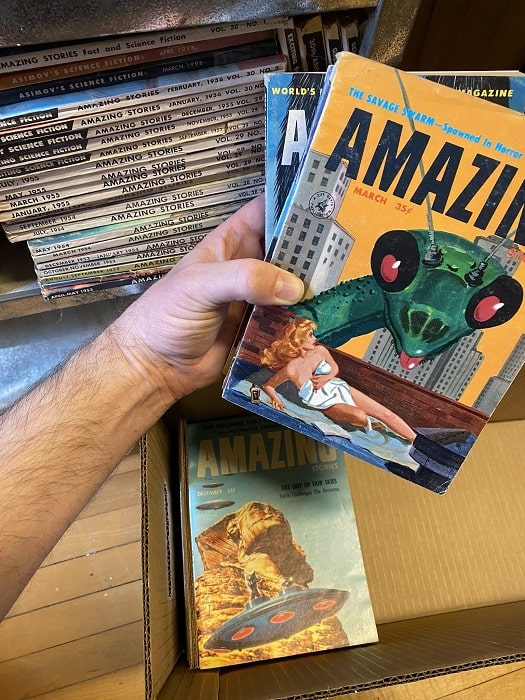 |
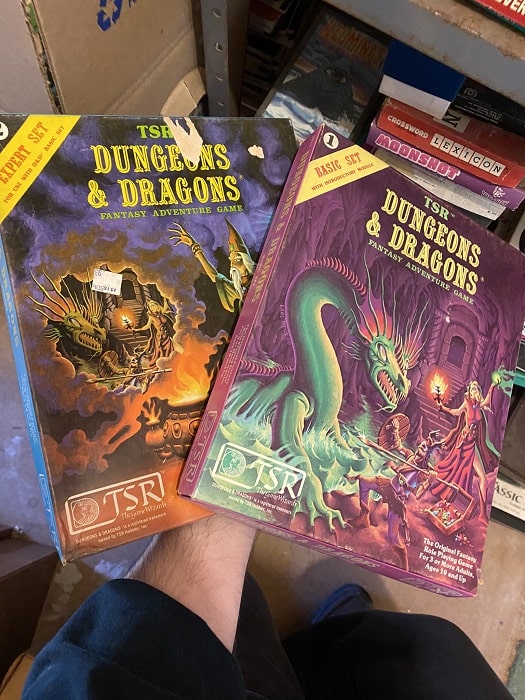 |
A handful of items from Denny Lien’s incredible collection I was able to save from the dumpster
On Wednesday May 3, I drove 379 miles from St. Charles to Minneapolis, to help clean out the last of the legendary collection of the late Denny Lien. I’d been reliably informed that it was the final week his estate would have access to the house; the following Monday, Habitat for Humanity would take possession, and everything left would go in the dumpster.
Denny had the most incredible collection of magazines I’ve ever seen. During the scant few hours I had in the house I found virtually complete runs of Amazing Stories, The Magazine of Fantasy and Science Fiction, Worlds of If, Galaxy, Fantastic, Astounding/Analog, Asimov’s Science Fiction, Locus, Cemetery Dance, and many, many more — far more than I could ever pack and fit in the minivan I’d rented for the trip. Most were unread, in pristine condition.
